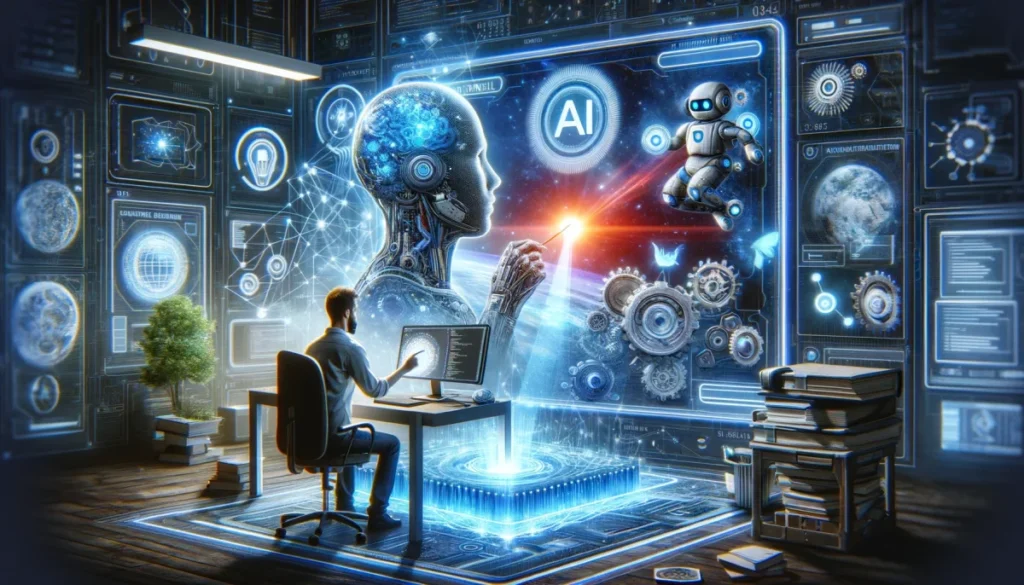In today’s digital landscape, where users are bombarded with an overwhelming amount of information, standing out requires more than just compelling content. It demands a personalized experience, one that resonates with individual needs, preferences, and behaviors. This is where the convergence of dynamic content and Artificial Intelligence (AI) emerges as a game-changer, enabling businesses to deliver hyper-personalized experiences at scale.
Gone are the days of static websites catering to a generic audience. Modern web technology empowers us to create dynamic content that adapts in real-time based on user interactions, contextual data, and now, increasingly, the intelligent insights provided by AI. This evolution is not just about showing a user their name on a webpage; it’s about crafting a unique journey tailored to their specific intent and stage in the customer lifecycle.
Traditional personalization techniques, often relying on rule-based systems or basic segmentation, have their limitations. While they can offer a degree of customization based on explicit user data (like demographics or past purchases), they often fall short of truly understanding individual nuances and predicting future needs. These systems can be rigid, requiring manual updates and struggling to adapt to the ever-evolving digital behavior of users.
Imagine a user who initially browsed for running shoes but then shifted their interest to hiking gear. A rule-based system might continue to show them running shoe recommendations, missing the opportunity to engage them with relevant hiking content. This is where AI steps in, offering a layer of intelligence that can dynamically adapt to these subtle shifts in user intent.
AI algorithms, particularly those leveraging machine learning, possess the ability to analyze vast amounts of data – from browsing history and purchase patterns to real-time interactions and contextual information – to identify intricate patterns and predict user behavior with remarkable accuracy. This capability unlocks the potential for hyper-personalization, delivering content that is not just relevant but also timely and anticipatory.
Here are some key ways AI is revolutionizing dynamic content delivery:
Implementing AI-driven dynamic content strategies offers a multitude of benefits for businesses:
Greater Marketing Efficiency: By automating personalization efforts and optimizing content delivery, AI can help businesses achieve greater marketing efficiency and a higher return on investment.

While the potential of AI-powered dynamic content is immense, there are also challenges and considerations to keep in mind:
The integration of AI and dynamic content is not just a trend; it’s a fundamental shift in how we approach web experiences. As AI algorithms become more sophisticated and data analysis capabilities continue to advance, we can expect even more nuanced and intuitive personalization in the future. Imagine websites that anticipate your needs before you even articulate them, providing seamless and highly relevant experiences across every touchpoint.
We aim to provide the best of our smart solutions and services to our clients and customers to improve their business growth and scale up their market value.
Copyright© 2023 – All Rights Reserved – Xnotch iTech Ventures.